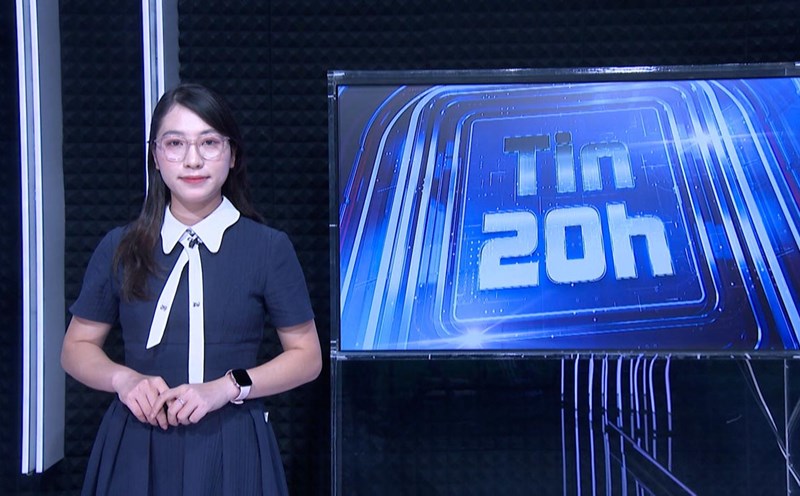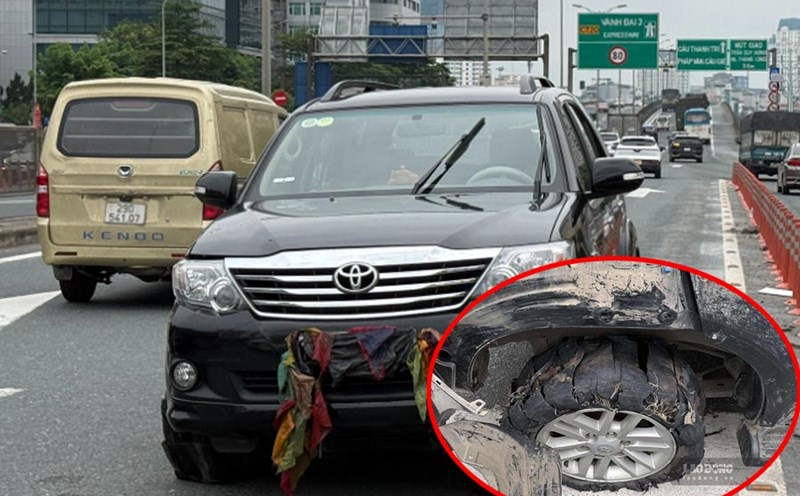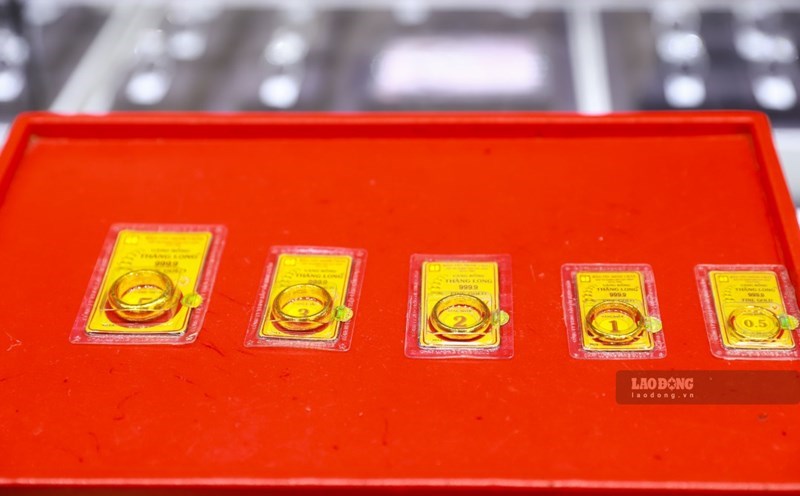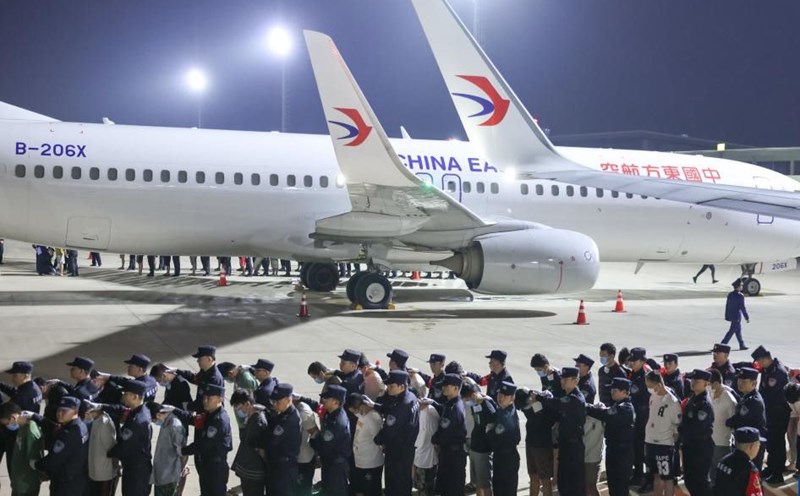Currently, on digital platforms and many advertising channels, there are still flooded videos (TVC) advertising the product First Blood Work in a "excellent" comparison with the active ingredient Ginkgo Biloba EGB 761.
This comparison paper is built according to many scenarios. A typical example is letting the two female characters talk to each other. One character complained about her "old" parents, she ordered Ginkgo Biloba from France but her grandparents refused to use it, and definitely only drank Nhat Nhat huyet away - because this type was better.
It is worth mentioning that in the dialogue, the female character ignored the word " active ingredient", only using the name of the product purchased from France as "Ginkgo Biloba". This is easily misunderstanding. That is, blood activation products in France are not as good as blood Nhat Nhat.
In another advertising TVC, the female character living in the US asked a friend in Vietnam to buy First Blood Protein and send it over, because her friends praised it as "First Blood Protein is more effective than Ginkgo Biloba". The words in this advertisement affirm, "First-in-class blood activation drug is more effective than Ginkgo Biloba blood activation drug".
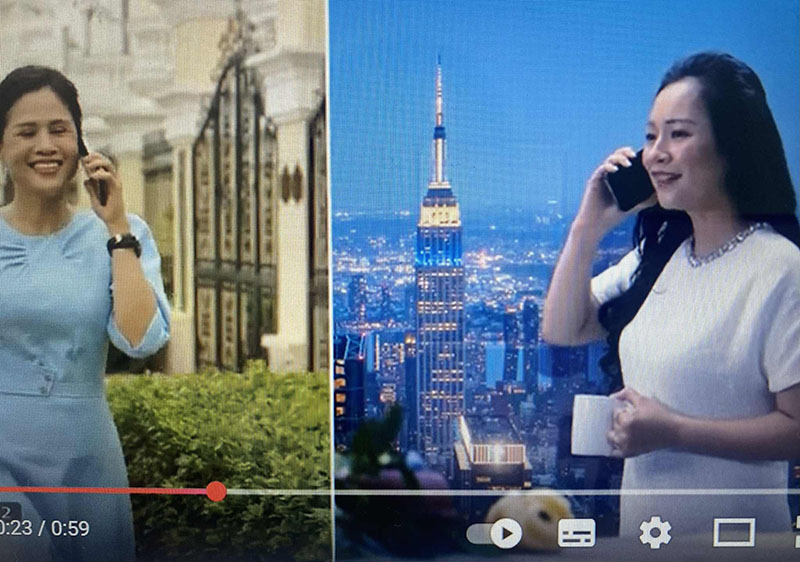
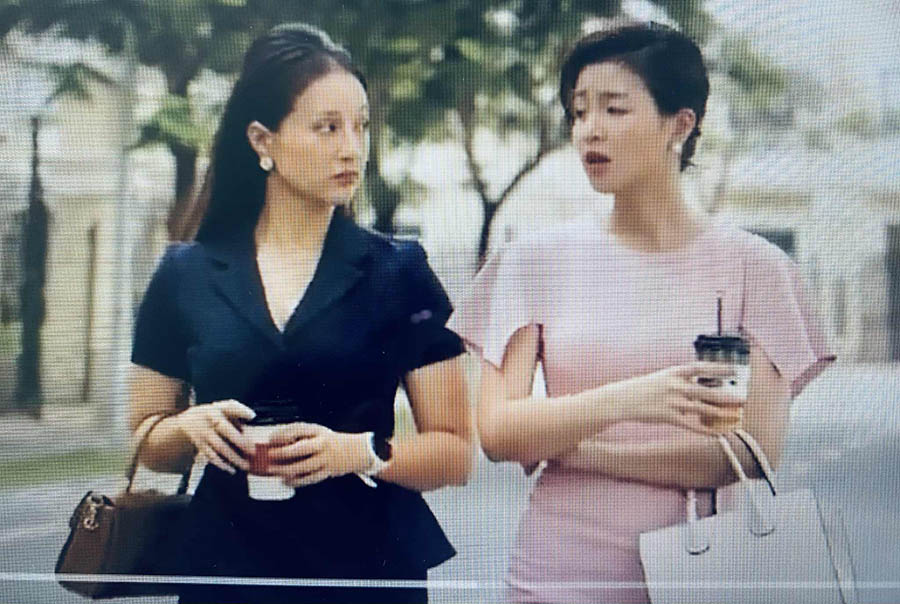
Advertising and the story of "fair-play"
Since 2022, the advertisement of First Blood Trade has been criticized for distorting the results compared to the report from the clinical trial study of the Ministry of Health.
Accordingly, an advertisement by First Blood Trade affirmed that this product "treats insomnia" while the conclusion of the study was only to "improve sleep disorders".
The way this brand compares the effects of First Trimester with the active ingredient Ginkgo Biloba EGB 761 is also controversial.
Up to now, when broadcast, the TVC (Television Commercial) series of Hoat Dung Nhat Nhat has only been edited with the content of "improving sleep disorders", and still kept the same compared to the active ingredient Ginkgo Biloba EGB 761.
The advertisement of Hoat Nhat Nhat Hemat emphasized the citations from the conclusion of the Ministry of Health's clinical trial on "equivalent capacity", "excellent capacity" compared to the active ingredient Ginkgo Biloba EGB 761, but "ignored" the final conclusion of this research report.
Accordingly, in 2018, the report on clinical trial research results of the Ministry of Health clearly noted in the conclusion: "The point to note in the study is that the use of assessment tools and recorded results is self-reported by patients, subjective in nature; the accuracy of results reported by patients may not be high.
Therefore, the results of the comparison between Hoat Anh Tu Nhat and Ginkgo Biloba EGB 761 need to be very careful.
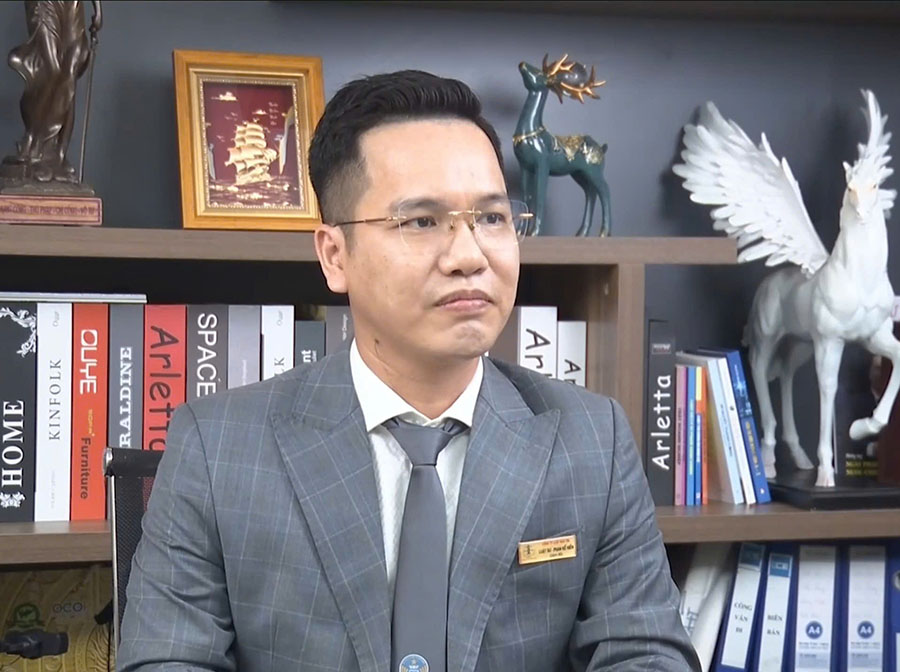
Talking to Lao Dong reporter, Lawyer Phan Ke Hien (Bao Tin Law Firm) said: "In the advertisement of First Blood Trade, they are emphasizing the comparison with the active ingredient Ginkgo Biloba - Egb761.
Ginkgo Biloba active ingredient - Egb761 is a standardized extract from the balty leaf (ginkgo biloba) - not a product produced by any organization or individual on the market.
However, the 2018 Clinical Test Research Results Report of the Ministry of Health clearly stated, "When comparing First Blood Kiem and Ginkgo Biloba EGB 761, it is necessary to be very careful".
Thus, the transmission of information to consumers of First Blood Protein did not accurately and accurately reflect all research results, making consumers easily confused about the product's uses".
The active ingredient Ginkgo Biloba - EGb761 is found in many medications, notably Tanakan (originally from France) and Tebonin. Both of these drugs are currently widely sold in pharmacies in Vietnam.
The reason for comparing in advertising is discouraging behavior
According to Clauses 10, 11 and 12, Article 8 of the 2012 Advertising Law, businesses are not allowed to directly compare their products, goods or services with similar products of other organizations and individuals; they are not allowed to use absolute terms such as first, most, Best, one number...
These regulations aim to protect consumers, maintain fairness in competition and build a transparent, honest and civilized advertising environment, especially in the context of Advertising - one of the 12 spearhead industries of the cultural industry strategy. The Advertising Law is perfected, the advertising environment is civilized for synchronous development.
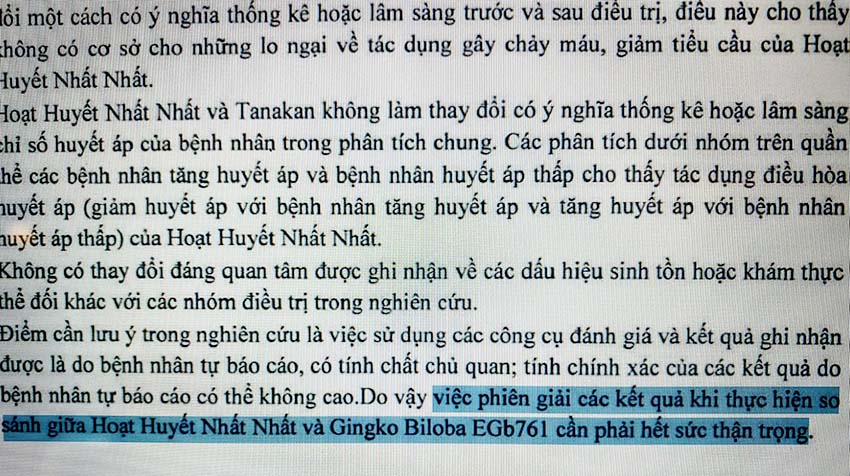
In 2011, a packaged noodle company filed a complaint with the Department of Competition Management when the rival noodle company advertised with a comparison meaning. Accordingly, the competing noodle company posted an image of 2 slices of noodles, one thick gold, one light gold with the advertising line "When boiling water is used to squeeze noodles, if the water in the bowl turns turbid yellow, proving that the product uses colorants" - this indirectly affects other noodle companies.
In the advertisement of First Blood Activity, although only mentioning "French Ginkgo Biloba EGB 761 active ingredient" but simulating the shape of a box of medicine, this can also lead to the image of pharmaceutical products containing the active ingredient Ginkgo Biloba EGB 761 being sold on the market such as Tanakan, Tebonin...
Talking to Lao Dong reporter about advertising with a comparative image, media expert Tam An - who has 15 years of experience in the fields of journalism, media, and marketing said, "We give our views from the perspective of experts and the principle of those working in media and advertising on a common issue for all brands, not just one brand.
Suppose a brand uses advertising to claim that their product is excellent than a product or active ingredient currently available on the market, it can be considered an indirect comparison but has a direct reference.
This expression easily makes viewers understand that the brand is superior to other products of the same type, and therefore is not in accordance with the provisions of the law".
According to expert Tam An's analysis, from a communication perspective, the theory of brand positioning and comparative advertising shows that: comparison can help brands highlight their strengths, but also contains two major risks.
Comparing the two brands unintentionally helps strengthen the recognition of competitors, causing the public to remember the products being compared instead of the advertising products.
If there is a lack of clear basis or using language to affirm too much, the brand can be judged as dishonest, unprofessional, and reduce its reputation in the long term.
Modern media moves towards the principle of "authenticity & transparency" - meaning to convey the truth, have evidence, do not exaggerate and do not attack opponents.
The most sustainable way is to communicate based on real value and proven results, presented neutrally, without needing to compare between good and bad to make a difference.
In other words, in professional communication, true strengths are more important than strong affirmations. A brand that wants to go the long way needs to rely on honesty, transparency and real value, instead of finding short-term advantages through easily misleading comparisons" - expert Tam An said.
The lawyers said, "In our opinion, advertising in this way will easily lead consumers to believe that this product is superior to other products with similar activities on the market".
The Advertising Law prohibits advertising to directly compare its products and services with competitors without clear evidence, which can be subject to an administrative fine of 40-60 million VND (for individuals) and 80-120 million VND (for organizations), along with measures to force the removal and revocation of advertising.
The advertisement of First Blood activities based on clinical research conducted by the Ministry of Health since 2018, can be considered "precedented", but is still an easily misleading advertisement when not fully citing the conclusion from the research report, which can create certain effects on drug products containing the active ingredient Ginkgo Biloba EGB 761.
Previously, Nhat Nhat Company Limited was repeatedly fined for advertising.
In May 2025, the National Competition Commission announced a fine of VND 200 million for First First Pharmaceutical Company Limited for providing confusing information to customers related to a number of products.
In August 2020, the Vietnam Association of Seafood Exporters and Producers (Vasep) complained about the advertising of Tonka drugs by First First Company using the image of shrimp to illustrate the dialogue "dirty food", seriously affecting the image of the Vietnamese shrimp industry.
In 2016, Nhat Nhat Company Limited was administratively fined VND30 million by the Drug Administration of Vietnam (Ministry of Health) for advertising Nhat Nhat activated drugs that were not in accordance with the registered content.




